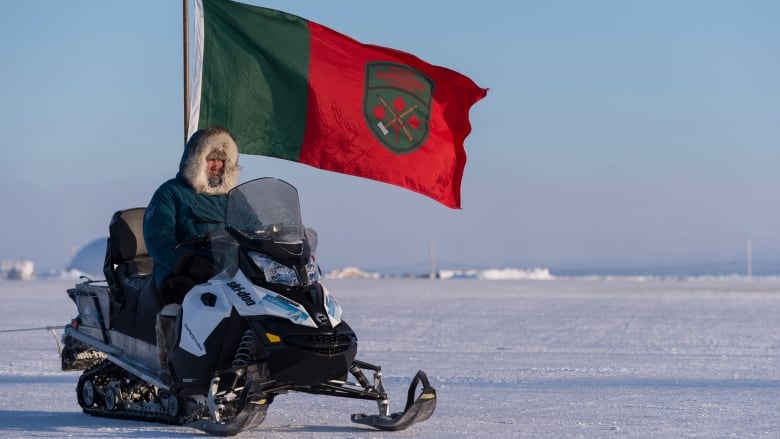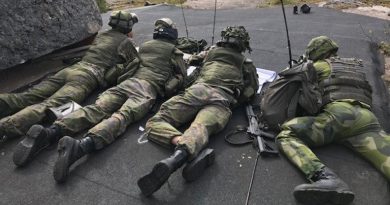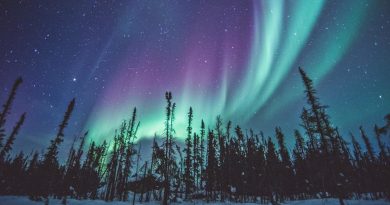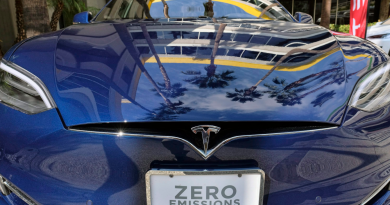Northern Rangers convene for first time in three years amid broader discussions on Arctic security

For the first time in three years, northern Canadian Rangers are gathering to provide updates on their communities and set objectives for the coming year. Since this year’s Ranger leadership sessions are taking place against a decidedly unique backdrop, top experts are taking the opportunity to reflect on the force’s role within the broader picture of Arctic security.
National interest in the Canadian Arctic has grown dramatically in the past few years, especially as Russia continues its war on Ukraine. In turn, that’s brought more attention to what Rangers in the North are doing.
Several security experts, such as retired Lieutenant-General Walter Semianiw, have suggested the expansion and professionalization of that force as a way to grow Canada’s military footprint in the region.
“If you look at it from a logistics perspective … [Rangers are] provided with very limited support,” Semianiw told a parliamentary defence committee last week.
“They provide their own skidoos, and they’re reimbursed in part. It’s not ideal.
“If they could improve that, that would improve the capability of what the Rangers could do in the North.”
Arctic security: where do the Rangers fit in?
Lt.-Col. Kristian Udesen is the commanding officer of the First Canadian Ranger Patrol Group, which spans Nunavut, the N.W.T., Yukon, and northern B.C. He said further expanding the Ranger force would be difficult considering northerners are already serving the military through the Rangers in much higher numbers per capita compared to their southern counterparts.
“I’m not sure how much further we can expand necessarily in communities,” he said.
There are ongoing talks within the Ranger headquarters in Ottawa about ways to enhance the program, Udesen said, such as providing more financial support when it comes to equipment usage. But he said any changes made to the current force will be done in consultation with Rangers themselves.
“We’re always taking a look to make sure we’re optimizing, but we do it carefully,” Udesen said.
“We have something here that’s been incredibly successful. It’s been incredibly successful with the communities. It’s been incredibly successful for that presence in the North, and what we don’t want to do is change it for change’s sake.”
Whitney Lackenbauer, a Canada research chair at Trent University and an honourary lieutenant colonel for First Canadian Ranger Patrol Group, echoed Udesen’s sentiments. He said treating the Rangers as the end-all, be-all solution disregards the fact that they are just one piece of a broader defence strategy — though, he added, they are a vital part of that team.
“They are expert guides for southern military units that come and operate in the North,” Lackenbauer explained.
“They’re what military types might call strategic reconnaissance. So before other forces come in, they can go out and make sure that the land is safe to operate in or go and just be aware of what’s going on in their local areas, then also provide a body of persons who can respond to emergencies facing their communities.”
There are currently 2,000 Rangers located in 65 communities with the First Canadian Ranger Patrol Group. Their responsibilities range from surveillance and sovereignty patrols to search and rescue and disaster relief.
‘We don’t need to do everything’
Lackenbauer said he’s heard Rangers express the desire for more training, particularly around on-the-land skills such as safe navigation and using GPS technology.
To Udesen, that’s partly what makes leadership sessions like the ones taking place this week so important; it not only offers Rangers a chance to share each others’ knowledge, but provides a space for them to identify concerns and outline hopes for the future.
He added that the Rangers are only one piece of the Canadian Army, which is a piece of the Canadian Armed Forces.
“They don’t need to do everything,” he said. “They just need to do what they do, and do it well — and that’s what we’ll continue to do.”
-Written by Meaghan Brackenbury
Related stories from around the North:
Canada: Expanding Rangers key to improving Arctic security, says former military commander, CBC News
Finland: Hundreds of foreign soldiers join military exercise in Arctic Finland, The Independent Barents Observer
Norway: Norway, Finland, Sweden prioritize North in updated statement, Eye on the Arctic
United States: U.S. Senate candidates agree they want to protect Arctic Alaska from Russia, Alaska Public Media



